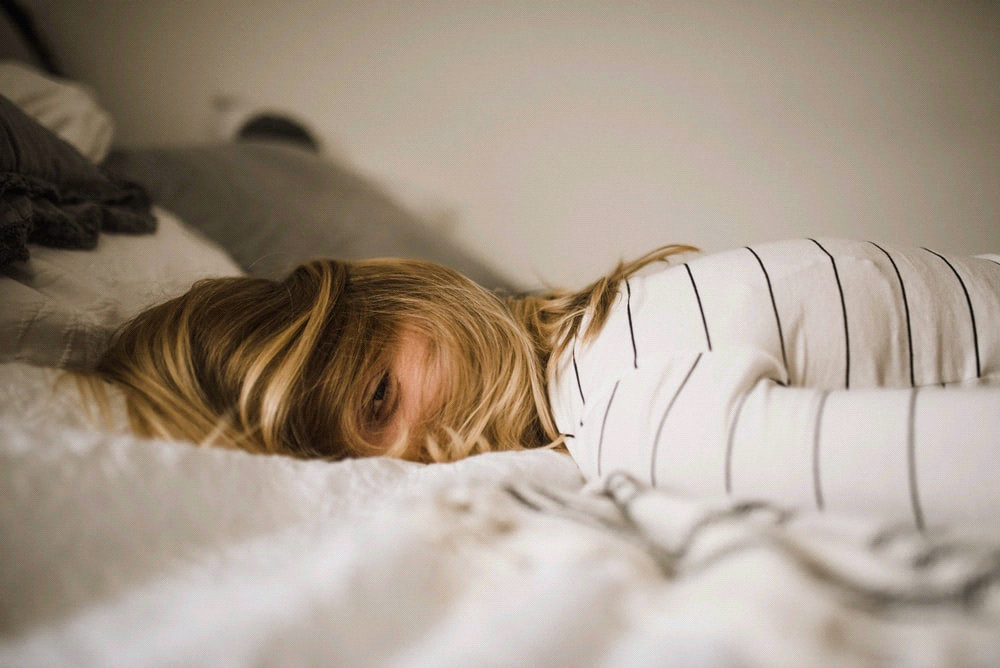Insomnia: Why It Needs to Be Cured Immediately
About 70 million Americans suffer from a sleep disorder among which 30% of adults have short-term insomnia. According to the CDC, adults should be getting 7 or more hours of sleep every night. Not getting good quality sleep can affect your health, mental wellbeing, and ability to do everyday activities. There are many symptoms of insomnia, noticeable ones include:
- difficulty falling asleep at night
- waking up during the night
- feeling tired and drowsy during the day
- stress, depression, or anxiety
- difficulty in concentrating and recalling information
- anxious thoughts about sleeping
Let's look at the harmful effects of insomnia, followed by possible treatment.
Effects of Insomnia
Makes you gain weight
Your body produces two hormones that limit and regulate your hunger; ghrelin and leptin. When you're not getting enough sleep, your body increases its ghrelin production, which makes you hungry. On the other hand, leptin keeps your body weight in check. The hormonal imbalances due to sleeplessness affect your hunger and body weight.
Weakens your immune system
Your immune system needs to work efficiently to fight off viruses, infections, germs, and bacteria. Sleep deprivation hinders its performance, making you more prone to fall sick. You need to have proper sleep if you want your immune system to be able to combat illnesses.

Increases the risk of heart diseases
Like your immune system, your heart also needs sleep to heal, rebuild vessels, control inflammation, and maintain blood pressure and sugar levels. Sleep deprivation affects this entire system and increases the risk of cardiovascular diseases.
Induces the risk of death
Sleep deprivation is one of the biggest factors for accidents on road. Drivers doze off and are unable to respond promptly upon regaining consciousness to save themselves from the car crash—with many giving in to their fatal injuries.
Impacts your brain and mental health
According to Sleep Foundation, your brain activity fluctuates while you sleep. These activities affect your thinking, learning, and memorizing capabilities. If your brain cannot perform its essential functions and process information, it'll soon influence your mood and behavior. Additionally, long-term sleeplessness can eventually lead to a depressive disorder.
Treatment(s)
The treatment for insomnia depends on the severity and etiology of your symptoms.
You need to make some lifestyle changes if you're experiencing insomnia due to stress or alcohol—such as sticking to a sleep schedule or avoiding pre-bedtime naps.
However, if symptoms persist, you can try cognitive behavioral therapy. It may help you get rid of negative thoughts and actions that keep you up at night.
Besides therapy, your physician might prescribe dietary sleeping supplements which will help you get a good night's sleep.

